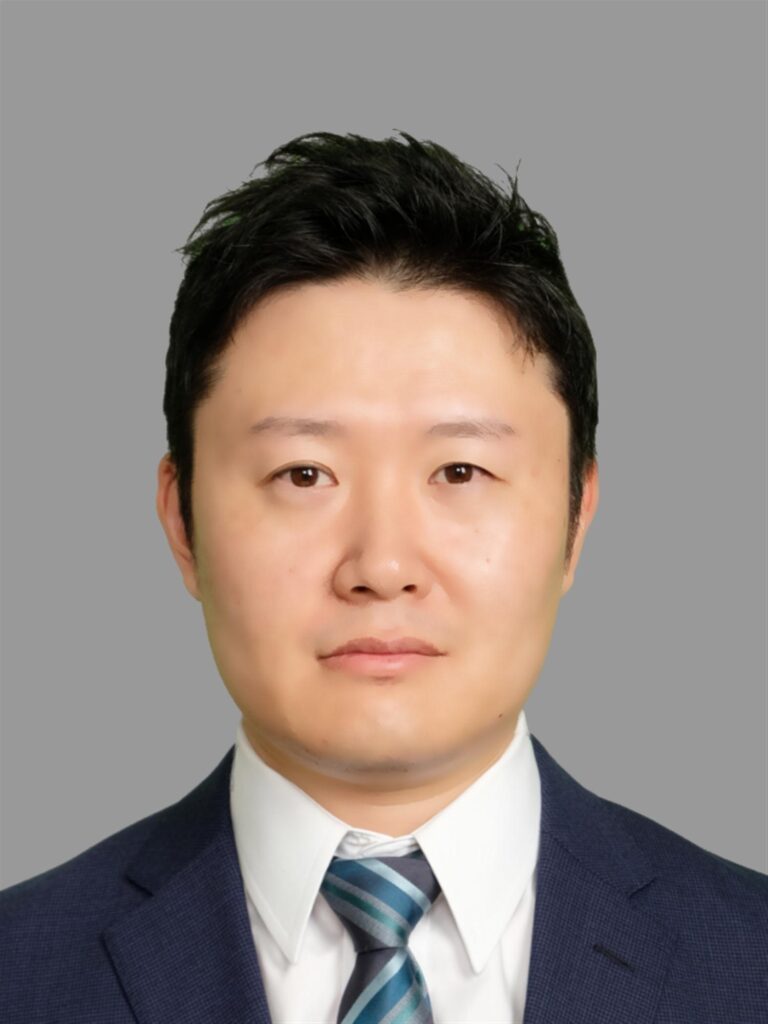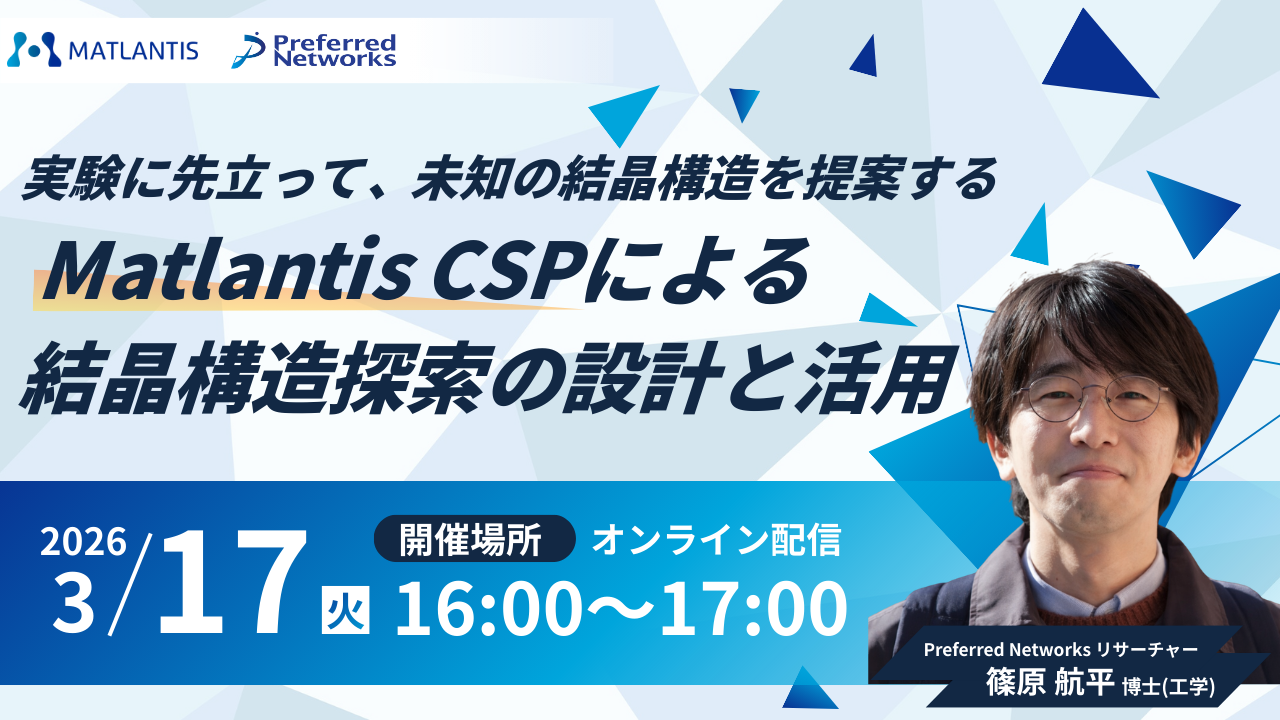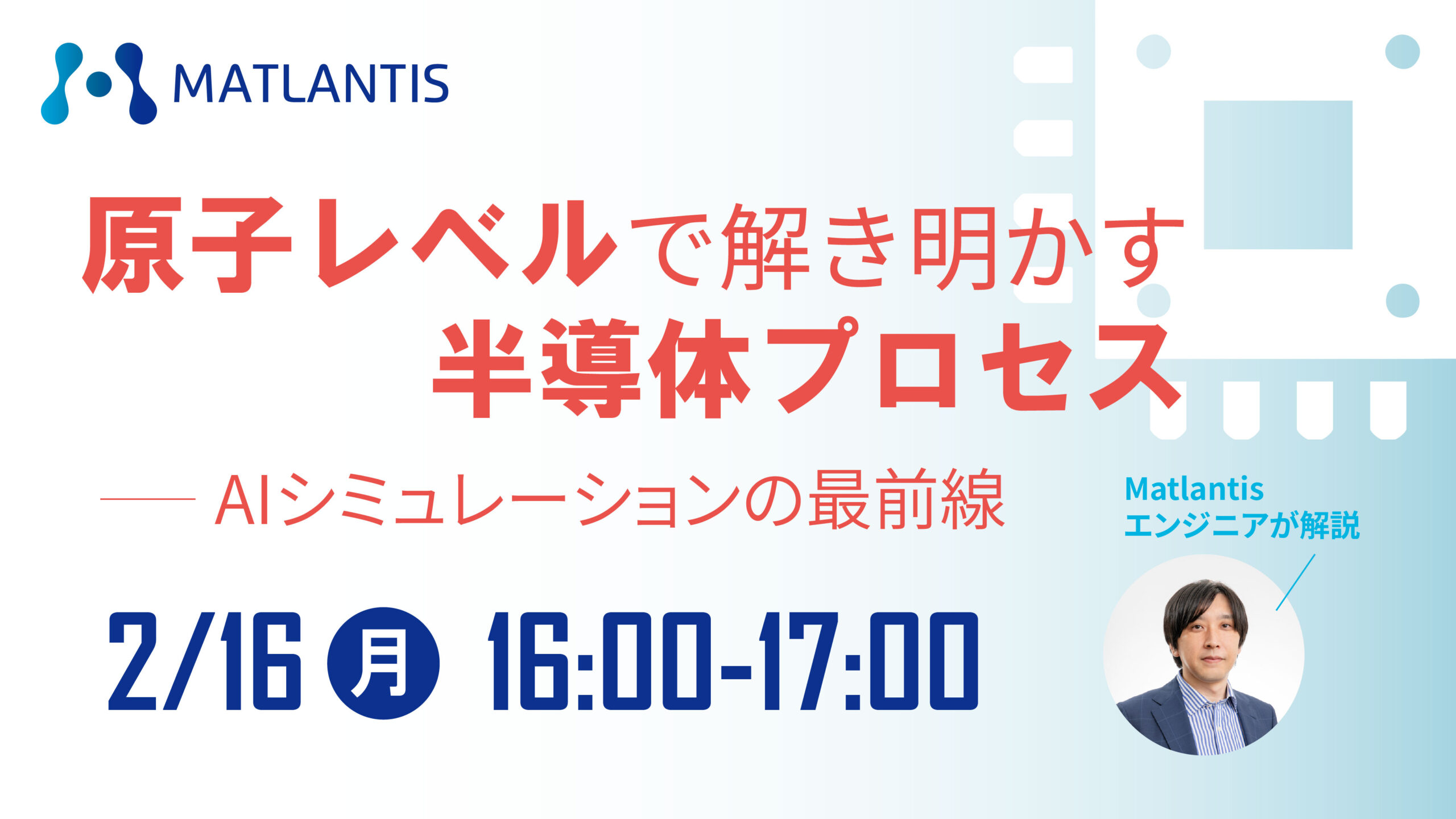Past News
Conferences and lectures
the Convention Center Dublin, Ireland2024.8.7-11 (IRL)
ECC9 Lecture: Investigation of chemical, thermal, and mechanical stability of metal-organic frameworks: an application of a universal neural network potential
I will be giving a talk at the 9th EuChemS Chemistry Congress (ECC9) (in Ireland) organized by the Institute of Chemistry of Ireland.
Academic information
Event period: July 7th to July 11th, 2024
Location: the Convention Centre Dublin, Ireland
PFCC Exhibition Booth: C1
Program Sessions
Date and time: July 8, 2024, 10:00 (local time)
Session: Physical, Analytical and Computational Chemistry – Computational 1
Title
Investigation of chemical, thermal, and mechanical stability of metal-organic frameworks: an application of a universal neural network potential
Overview
Metal-organic frameworks (MOFs) are nanoporous materials expected to be useful for many applications, including adsorption, separation, and catalysis. However, the tremendous chemical and physical diversity of metal-organic frameworks challenges accurate modeling. Preferred Potential (PFP) implemented in Matlantis is a recently developed neural network potential with its unique feature of universality even compared to other machine learning potentials. Previously, PFP was shown to perform well in predicting bulk structures of some representative MOFs.
In this paper, we present our study on the detailed examination of the chemical reactions leading to the degradation of selected MOFs using PFP. Some MOFs indicate clear degradation pathways upon exposure to humidity under specified conditions. IRMOF-1 (a.k.a MOF-5) is well-known for its sensitivity to moisture at room temperature. Molecular dynamics simulations showed that IRMOF-1 remains stable under a mildly high temperature of 400 K with an external strain. Even under the highly humid condition of 8 wt.% water, the structure remains stable at room temperature for the simulation time of 2 ns. Apparent degradation was observed when high temperature and strain were applied simultaneously under high humidity. Other selected MOFs were also tested under the same simulation conditions, and the observed stability trend is consistent with the known trend in the literature. This work demonstrates that the stability of MOFs can be tested with the capability of the universal neural network potential implemented in Matlantis.
Presenter
Taku Watanabe
Preferred Computational Chemistry, Inc.
After receiving his Ph.D. in Materials Science and Engineering from the University of Florida, he worked as a research associate in chemical engineering at the Georgia Institute of Technology.
He joined the Samsung Japan Research Institute in 2012 and worked on solid-state battery research for approximately eight years.
His current research interests include battery materials, nanoporous solids, surface science, and the application of machine learning techniques in computational chemistry.

公開日:2024.06.21




